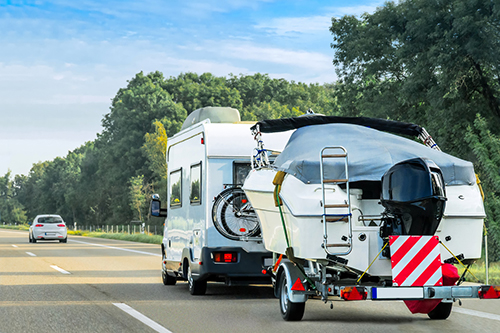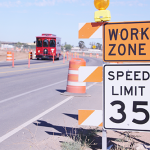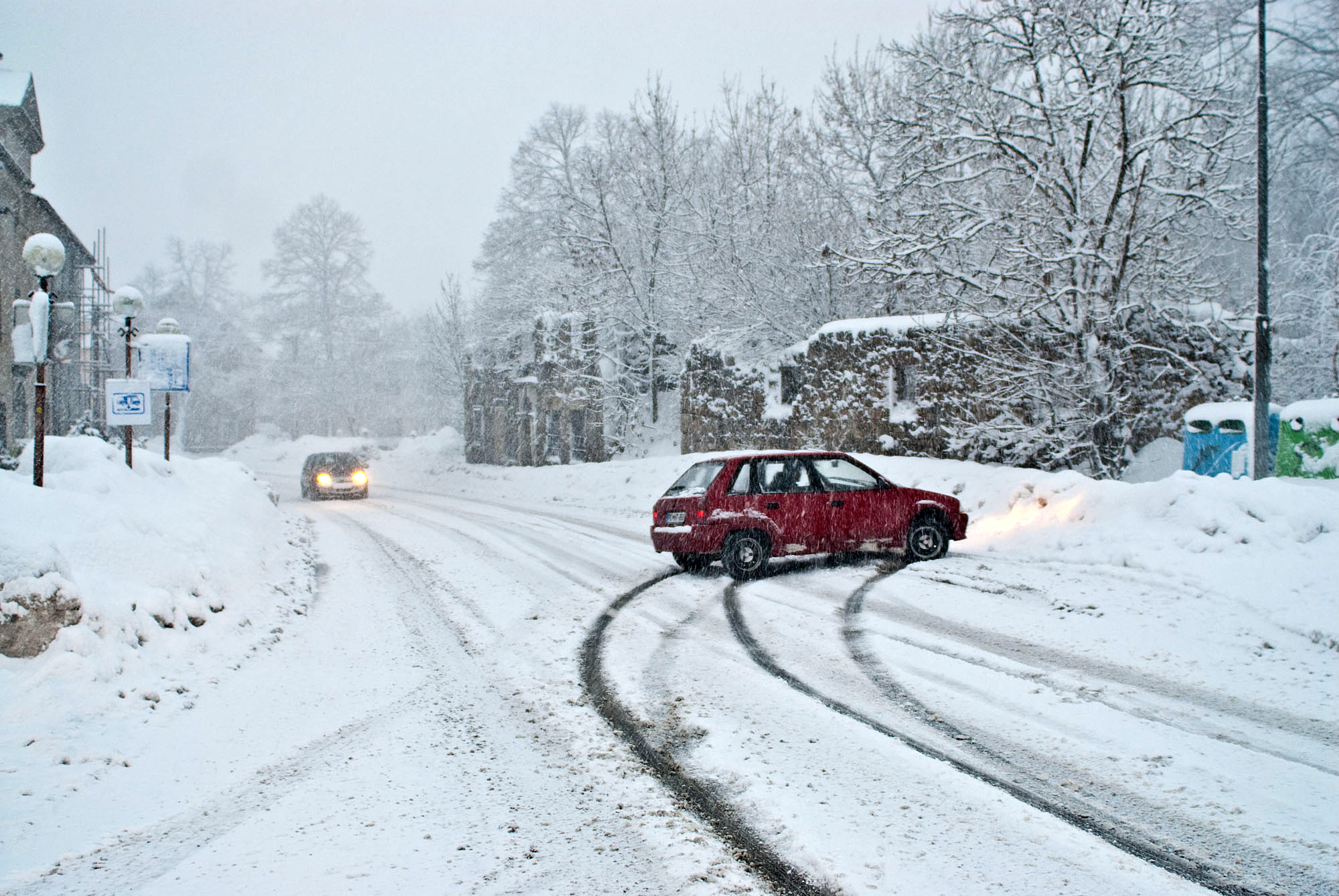Trailers and trailer hitches are a common sight on the roads. They make vehicles more versatile, allowing them to transport boats, motor homes, horses or other cars. With millions of trailers traveling the nation’s roadways every day and being used by businesses and individuals for recreational purposes, ensuring that trailers are being towed safely is critical for the sake of everyone on the roads.
If you’ve ever seen a boat or RV hitched to the car in front of you fishtailing in and out of its lane, that is trailer sway. Trailer sway occurs when an attached trailer begins to drift off track and overcorrect back and forth. If it is not properly corrected by a driver, it can lead to both vehicles flipping over and additional damage to other drivers. Trailer sway is likely the leading cause of accidents involving trailers, and most of the time the issue is user error.
Besides sway, other common causes of trailer-related accidents are:
- Lack of experience
- Speeding
- High winds
- Overloading and exceeding weight ratings
- Improper attachment, causing runaway trailers
- High center of gravity, causing rollovers
- Poorly miscalculated turns
- Miscalculated stopping distances
- Poorly loaded trailers
- Blind spots
When sharing the road with others, make sure your trailer is travel-worthy every time you take it out. Family Handyman suggests checking and double-checking these important items before hitting the road:
- The ball and the coupler are compatible sizes.
- Chains, wiring harness and breakaway cable are all connected.
- Ball mount pin is in place.
- Locking lever is down and pin installed.
- Ball is fastened securely to the ball mount.
- Tongue jack is raised.
- Tires are properly inflated and lug nuts are tight.
- Lights are all working.
- Ramps and/or gates are in place and secure.
- Load is fastened and secure.
- Brakes are working.
If you have been in an accident involving a trailer, CED’s Transportation Group can help determine the cause of the incident. Submit your case online today.






